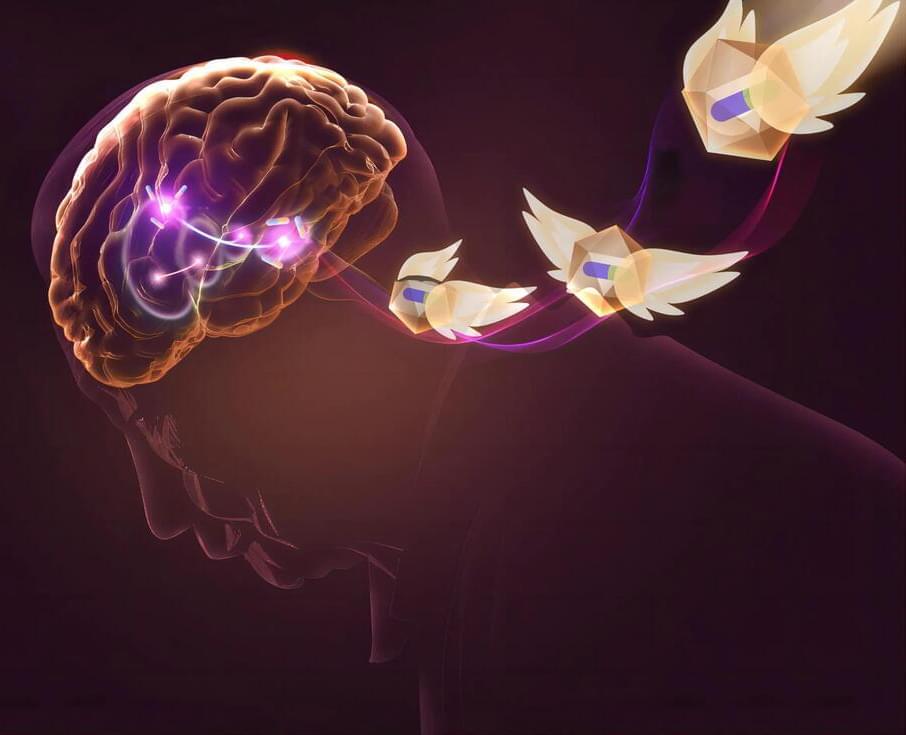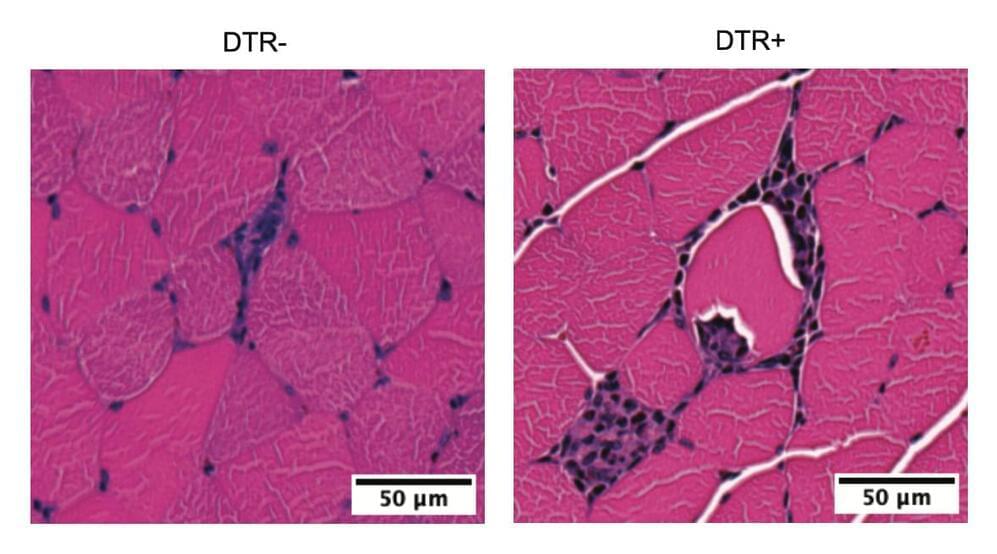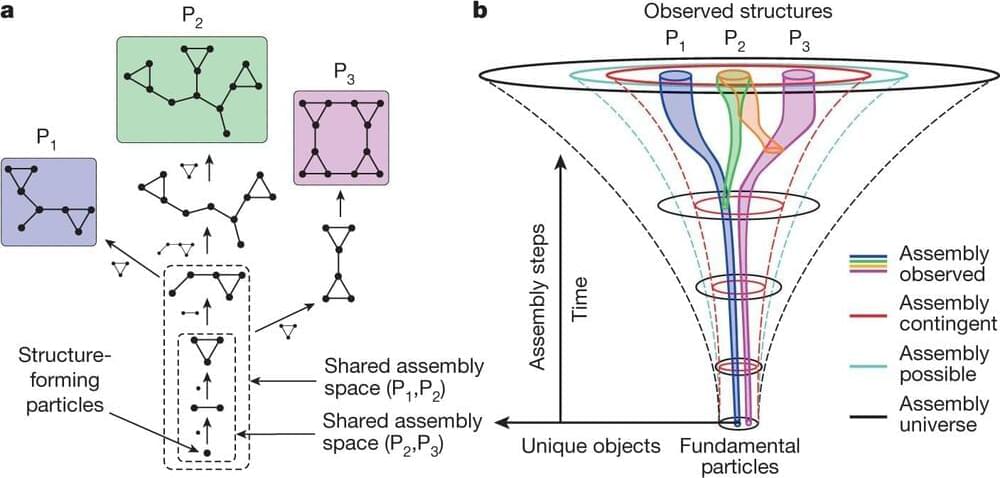Elon Musk’s SpaceX is known for its frequent launches, which now dominate the space industry. But the satellites that the rockets send to space are just as important for the company as the launches. Starlink is SpaceX’s answer to providing global, high-speed internet coverage using a network of thousands of satellites buzzing around the planet in a region known as low Earth orbit (LEO), about 342 miles above the Earth’s surface.
SpaceX launched its first batch of Starlink satellites in 2019. Adoption of the service has ballooned since then. The company has said Starlink has more than 2 million active customers and is available on all seven continents and in over 60 countries.
“This growth is uncharacteristic in the sense of its magnitude. Whereas prior satellite service providers have ramped up to anywhere at most between 500,000 to a little bit over a million subscribers. And this has taken, you know, a ten-year period, Starlink’s race to 2 million subscribers has taken only the better part of two years,” says Brent Prokosh, a Senior Affiliate Consultant at Euroconsult.








